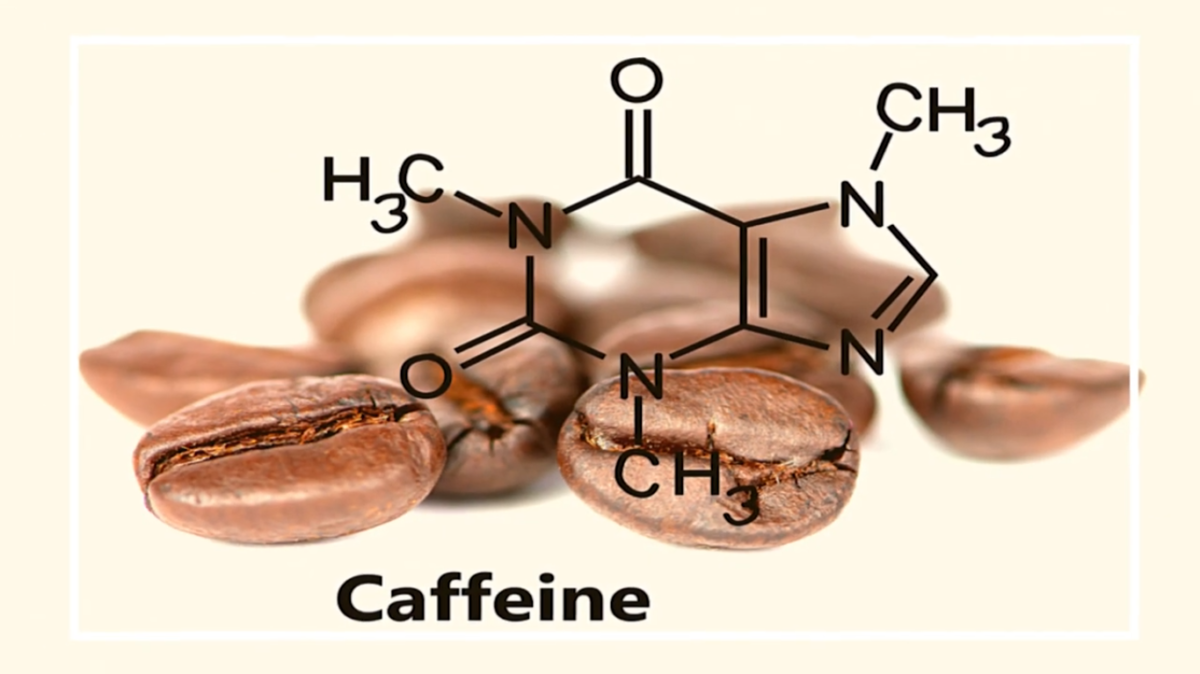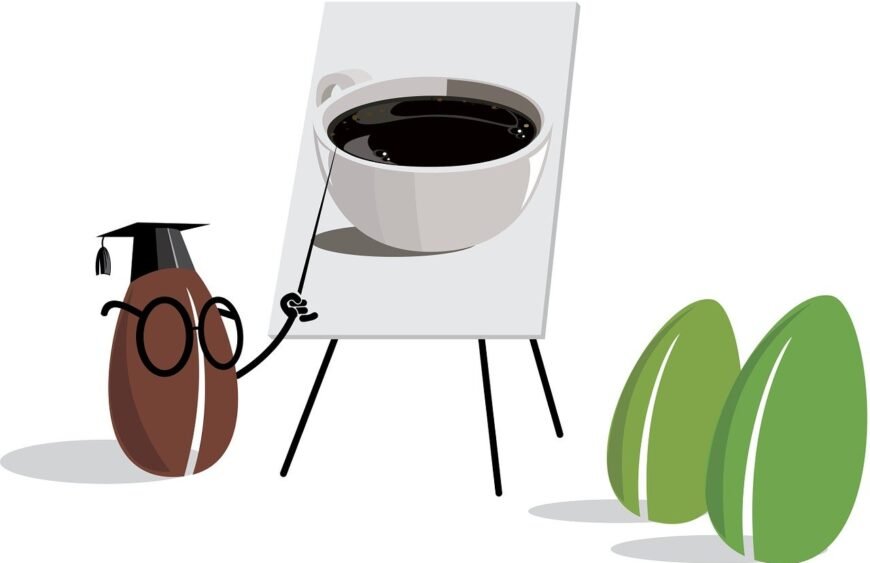Table of Contents
ToggleWhat is Decaf Coffee?
Coffee can come in 2 forms, regular and decaf. Some people who do not want to consume caffeine opt for the decaf version of coffee. But what exactly is decaf? Regular coffee beans are used to make decaf coffee which has had the majority of its caffeine removed.
Although the EU limits the amount of caffeine in decaffeinated coffee to less than naught 0.3%, it still contains some caffeine. When people learn what decaf coffee is, they frequently inquire as to what makes it different from regular caffeinated coffee. Usually, the only discernible difference in flavor and odor is the drastically reduced caffeine concentration.
Origins of Decaf Coffee

In 1906, Germany became the 1st country to sell decaf coffee commercially. Ludwig Roselius made it his goal to make a blend that had all of the flavors without what he believed to be poison after believing that his father had died from drinking too much coffee. When brewed, it was found that a package of coffee beans that had been submerged in seawater during one of the coffee beans shipments had lost the majority of its caffeine content. This discovery prompted Rossellus to patent a method for heating coffee to remove caffeine, and it’s still in use today.
How is Coffee Decaffeinated?
Decaf coffee starts off as green unroasted beans much like regular coffee. In order to dissolve and remove the caffeine from the hard beans, there are 4 different methods that can be used. The 4 methods, all of which are risk free, involve washing, steaming, and roasting the beans at temperatures high enough to evaporate all the liquids used in decaffeination once the caffeine has been eliminated. In comparison In comparison to a typical cup of regular coffee which contains about 95 milligrams of caffeine, a typical cup of decaf coffee contains just about 2 milligrams.
How Much Caffeine is in Decaf?

Even decaffeinated coffee contains some caffeine. In reality, a cup of decaf can contain varied levels of caffeine, typically 3 milligrams per cup. One study discovered that 0 to 7 milligrams of caffeine was present in each 6 ounce cup of decaf. However, depending on the type of coffee, how it’s made, and the size of the cup, an average cup of normal coffee typically contains between 70 and 140 milligrams of caffeine. Decaf generally contains extremely little caffeine even if the product claims to not contain any caffeine at all.
Is Decaf Coffee Safe?
Decaffeinated coffee is safe to consume and appropriate for a balanced diet just like normal coffee. Decaf coffee contains a lot of the same components as regular coffee, but the amount of caffeine is much less. It may have many of the same health benefits as regular coffee such as a decreased risk of diabetes, colon cancer, stroke, and dementia. The 4 risk free techniques entail washing, steaming, and roasting the beans at temperatures high enough for the decaffeination liquids to evaporate after the caffeine has been removed, or at least 97% of it has been removed. To ensure the safety of even the smallest amounts of the solvents used to decaffeinate coffee, the US Food and Drug Administration has set tight guidelines. The FDA measures these traces in parts per million. The maximum methylene chloride content of coffee after decaffeination is 10 parts per million or 1 thousandth of 1%.
Health Benefits of Decaf Coffee

The truth is that coffee is generally healthy which is often a relief for coffee lovers to hear. Decaf coffee is connected to many health advantages. This is because of its antioxidant concentration and other active ingredients.
However, it can be challenging to identify the precise health benefits of decaf coffee. This is due to the fact that a lot of research evaluates coffee consumption without discriminating between regular and decaf varieties. And some studies even omit decaf coffee entirely. Additionally, the majority of these studies are observational. They can only show that consuming coffee is linked to the advantages without being able to prove that coffee caused them.
Coffee consumption may also help consumers with a lower risk of diabetes. This implies that components other than caffeine might be in charge of these preventative effects. There hasn’t been as much research done on decaf coffee’s impact on liver function as there has been on regular coffee. But a sizable observational study found a connection between decaf coffee and lower liver enzyme levels suggesting a protective impact. Additionally, drinking decaf coffee has been associated with a modest but significant decrease in the risk of early death, as well as death from heart disease or stroke.
Who Should Drink Decaf Coffee?

There are a lot of individual variances when it comes to caffeine tolerance. For some people, one cup of coffee may be too much. Well, for others, more may be necessary. While each person’s tolerance varies, healthy people should limit their daily caffeine intake to no more than 400 milligrams.
This is about the equivalent of 4 cups of coffee. High blood pressure brought on by excessive drinking and a lack of sleep both increase the risk of heart attack and stroke. Additionally, excessive coffee consumption can overwhelm the central nervous system which in sensitive individuals can result in agitation, anxiety, digestive problems, heart arrhythmia or trouble sleeping. People who are sensitive to caffeine may choose to switch to decaf or tea instead of regular coffee or reduce their intake. For people with particular medical conditions, caffeine restricted diets may also be important.
This includes people who use prescription medications that could have an interaction with coffee. Reduce your caffeine intake if you’re a woman who is expecting or nursing. Children, teenagers, and those with sleep disorders or diagnoses of anxiety, all receive the same guidance. Decaffeinated coffee is referred to as decaf. There are many health benefits to drinking this type of coffee and many people prefer to consume it over regular coffee.
Do you enjoy decaf coffee? Or do you prefer regular caffeinated coffee? Let us know in the comments below.



